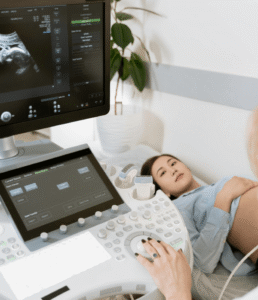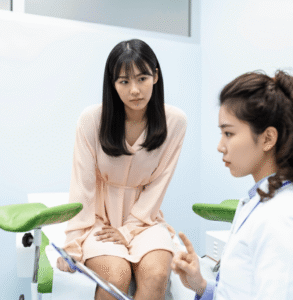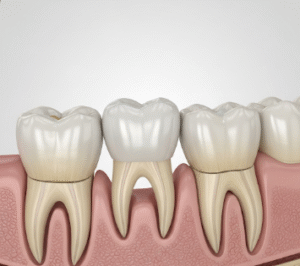Overview
Amoebiasis, also known as amoebic dysentery, is an intestinal infection caused by the parasite Entamoeba histolytica. It is a common cause of diarrhea and dysentery, especially in tropical and subtropical regions with poor sanitation. The infection can range from mild diarrhea to severe colitis and liver abscess.
What is Amoebiasis?
Amoebiasis is an infection of the large intestine and sometimes other organs caused by the protozoan parasite Entamoeba histolytica. The parasite invades the intestinal lining, causing ulcers and inflammation. In some cases, it can spread through the bloodstream to other organs like the liver, causing abscesses.
Symptoms
- Loose stools or diarrhea, sometimes with blood or mucus
- Abdominal pain and cramping
- Fever
- Weight loss
- Fatigue
- Nausea and vomiting
- In severe cases, liver abscess causing right upper abdominal pain, fever, and jaundice
Causes
- Ingestion of Entamoeba histolytica cysts through contaminated food or water
- Poor sanitation and hygiene
- Fecal-oral transmission from infected individuals
Risk Factors
- Living in or traveling to endemic areas with poor sanitation
- Consumption of untreated or contaminated water
- Close contact with infected individuals
- Immunocompromised states (e.g., HIV/AIDS)
- Malnutrition
Complications
- Severe colitis and intestinal perforation
- Liver abscess
- Spread of infection to other organs (lungs, brain)
- Chronic infection causing ongoing gastrointestinal symptoms
Prevention
- Drink safe, purified water
- Practice good hand hygiene with soap and water
- Avoid raw or undercooked foods in endemic areas
- Proper sanitation and waste disposal
- Education on hygiene practices
Treatment Options in Korea
South Korea offers effective diagnosis and treatment for amoebiasis through advanced medical facilities:
Diagnostic Services:
- Stool microscopy and antigen detection tests
- Serological tests for liver abscess
- Imaging (ultrasound, CT) for abscess detection
Medications:
- Metronidazole or Tinidazole to kill active parasites
- Paromomycin or Iodoquinol as luminal agents to eradicate cysts in the intestine
- Treatment tailored based on disease severity and organ involvement
Hospital Care:
- Management of severe cases including intravenous fluids and supportive care
- Drainage of liver abscess if necessary (percutaneous or surgical)













